Introduction
The role of a Technical Program Manager (TPM) is no longer confined to just tech companies. As industries adopt digital transformation at scale, TPMs are finding opportunities in healthcare, fintech, e-commerce, automotive, edtech, and more.
But while the core skills may remain similar, the expectations, tools, and impact of a TPM can vary significantly by industry. In this guide, we’ll help you understand how to adapt your career strategy, prepare for interviews, and grow as a TPM across different sectors.
Why Industry Context Matters for TPMs
While agile practices, cross-functional leadership, and delivery focus are universal, industry nuances can shape:
- The kind of programs you lead
- The metrics you’re measured on
- Regulatory and security expectations
- Stakeholder relationships and hierarchy
Adapting to these variables shows you're not just technically strong—you’re business aware.
1. TPMs in Tech/Product-Driven Companies (FAANG, SaaS, Startups)
Common Focus Areas:
- Ownership of product launches and system design
- Deep technical acumen in cloud, APIs, infra, ML, etc.
- Collaboration with product and engineering leaders
Interview Tip:
Be ready to deep-dive into system design, architectural tradeoffs, and metrics like latency, availability, and throughput.
2. TPMs in Healthcare and Life Sciences
Common Focus Areas:
- Compliance with HIPAA and medical regulations
- Long cycle programs (e.g., clinical data platforms, EHR systems)
- Collaboration with legal, clinical, and non-technical teams
Interview Tip:
Showcase stakeholder management and how you handle privacy/security concerns in program delivery.
3. TPMs in FinTech and Banking
Common Focus Areas:
- Security-first mindset (e.g., PCI compliance, risk assessments)
- High-availability systems with real-time transaction workflows
- Coordination between product, legal, security, and ops
Interview Tip:
Highlight examples of managing dependencies across regulated systems or launching programs under strict compliance timelines.
4. TPMs in E-Commerce and Retail Tech
Common Focus Areas:
- Rapid releases and experimentation (A/B testing, personalization)
- Logistics, fulfillment, and omnichannel programs
- Emphasis on customer metrics (NPS, conversion, drop-off)
Interview Tip:
Talk about scaling programs across multiple customer touchpoints and optimizing for speed.
5. TPMs in Automotive and Manufacturing (IoT, Hardware, Embedded)
Common Focus Areas:
- Hardware/software integration
- Supply chain coordination
- Safety, standards (ISO, functional safety), and field testing
Interview Tip:
Demonstrate experience in dealing with long lead times, change control, and iterative launches.
How KRACD.com Prepares TPMs for Diverse Industry Interviews
At KRACD.com, TPMs are trained to adapt their communication, resume focus, and interview stories based on the target industry.
✅ Resume critiques tailored to your industry switch
✅ Mock interviews with industry-specific scenarios
✅ Guidance on choosing TPM roles in unfamiliar sectors
✅ Templates to answer domain-heavy interview questions
👉 Whether you're pivoting from big tech to fintech or healthcare, KRACD helps you translate your value with confidence.
Join the next TPM interview cohort at KRACD.com and stay ready for every opportunity.
Conclusion
A strong TPM knows how to translate core skills to domain-specific value. The ability to speak the language of the business—whether it’s about compliance, speed, safety, or customer impact makes you stand out in interviews and in the job.
Don’t just be a technical leader. Be an industry-aware program driver.
FAQs
1. Do I need domain experience to get a TPM job in a new industry?
Not necessarily. Strong TPMs can transfer their skills with the right framing. Some roles may require a learning curve, but companies often value transferable leadership and delivery skills.
2. How do I tailor my TPM resume for a new industry?
Focus on relevant program types (e.g., compliance, customer growth, hardware launch), keywords from job descriptions, and cross-functional leadership across similar structures.
3. Will technical expectations change across industries?
Yes. In hardware-heavy industries, embedded knowledge might matter more. In fintech, security and availability are paramount. Learn the technical priorities of the domain.
4. How can KRACD help with this transition?
KRACD.com offers personalized resume guidance, mock interviews, and mentorship specific to industries like fintech, healthcare, and retail tech.
5. Should I apply to roles outside my current industry?
Yes—if you can position your skills effectively. Startups and mid-sized companies are especially open to TPMs with strong fundamentals and fast learners.

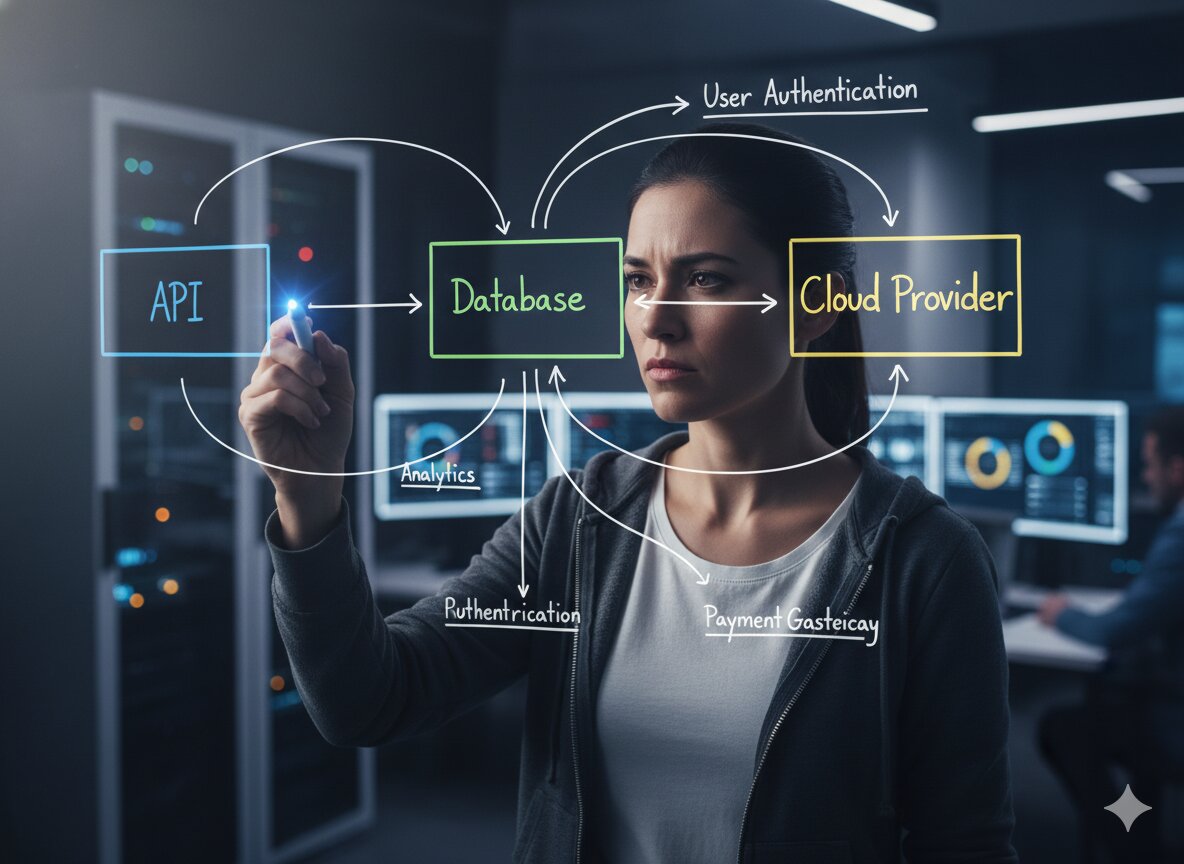









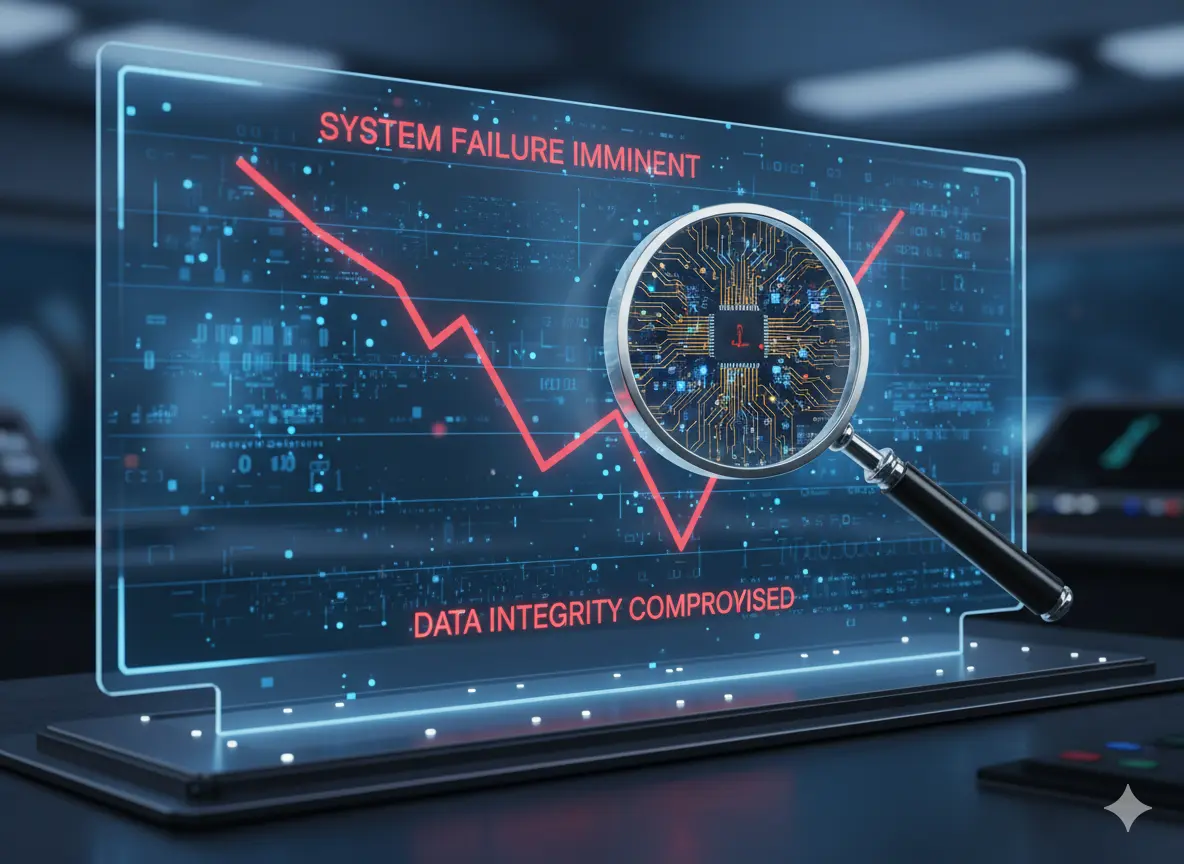


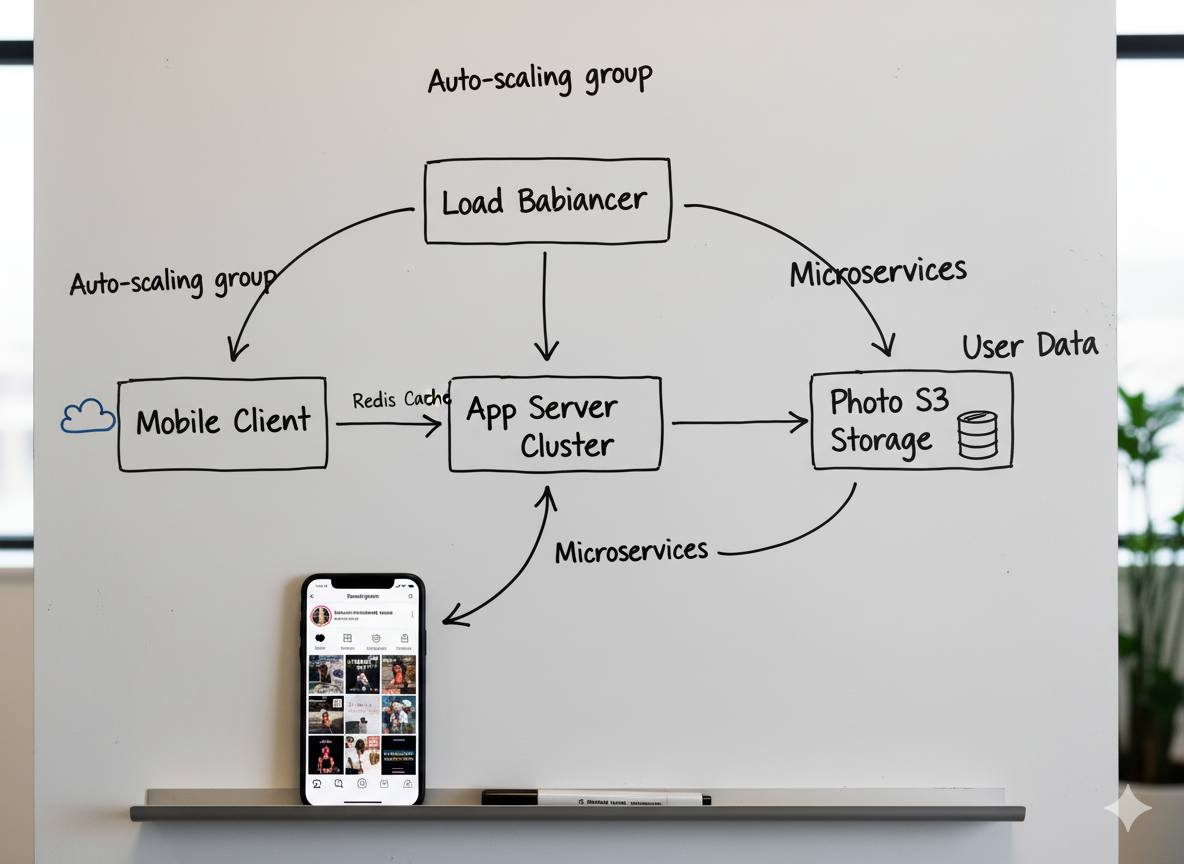
.png)
.png)
.png)
.jpg)
.jpg)
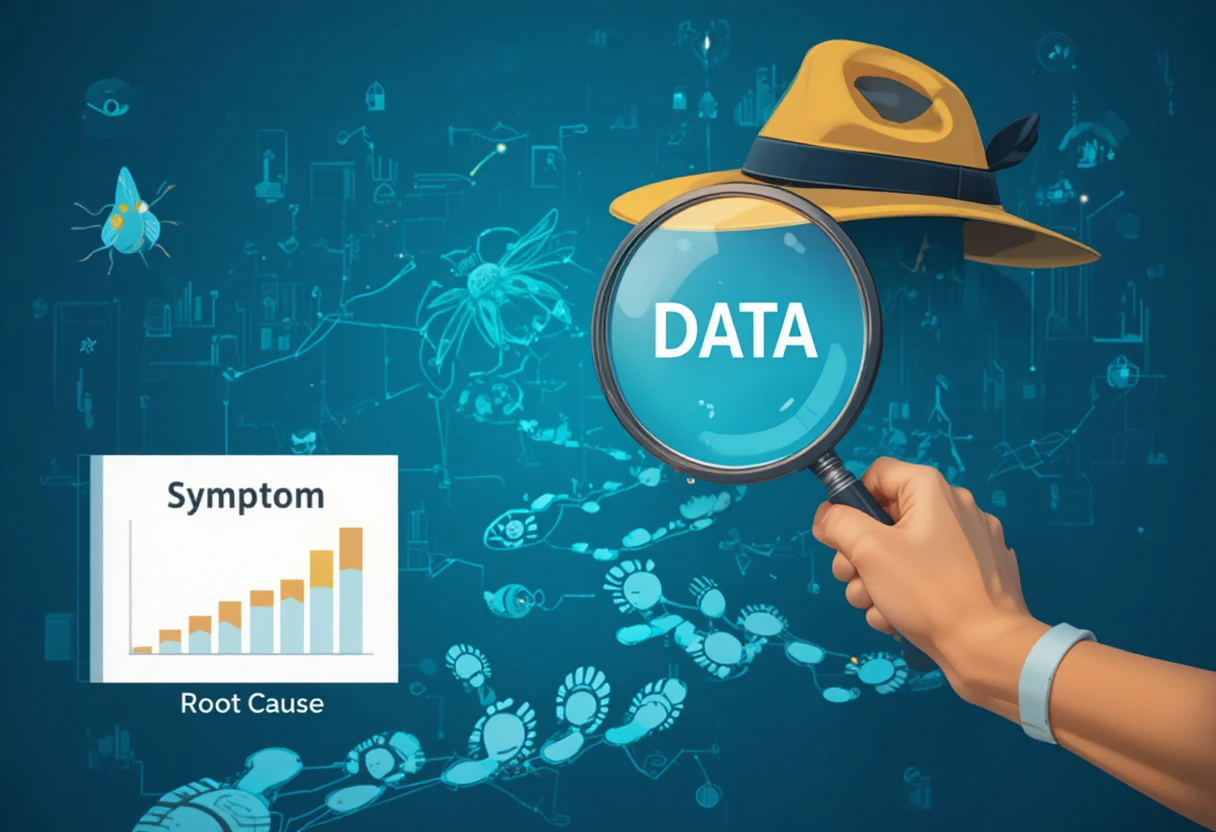






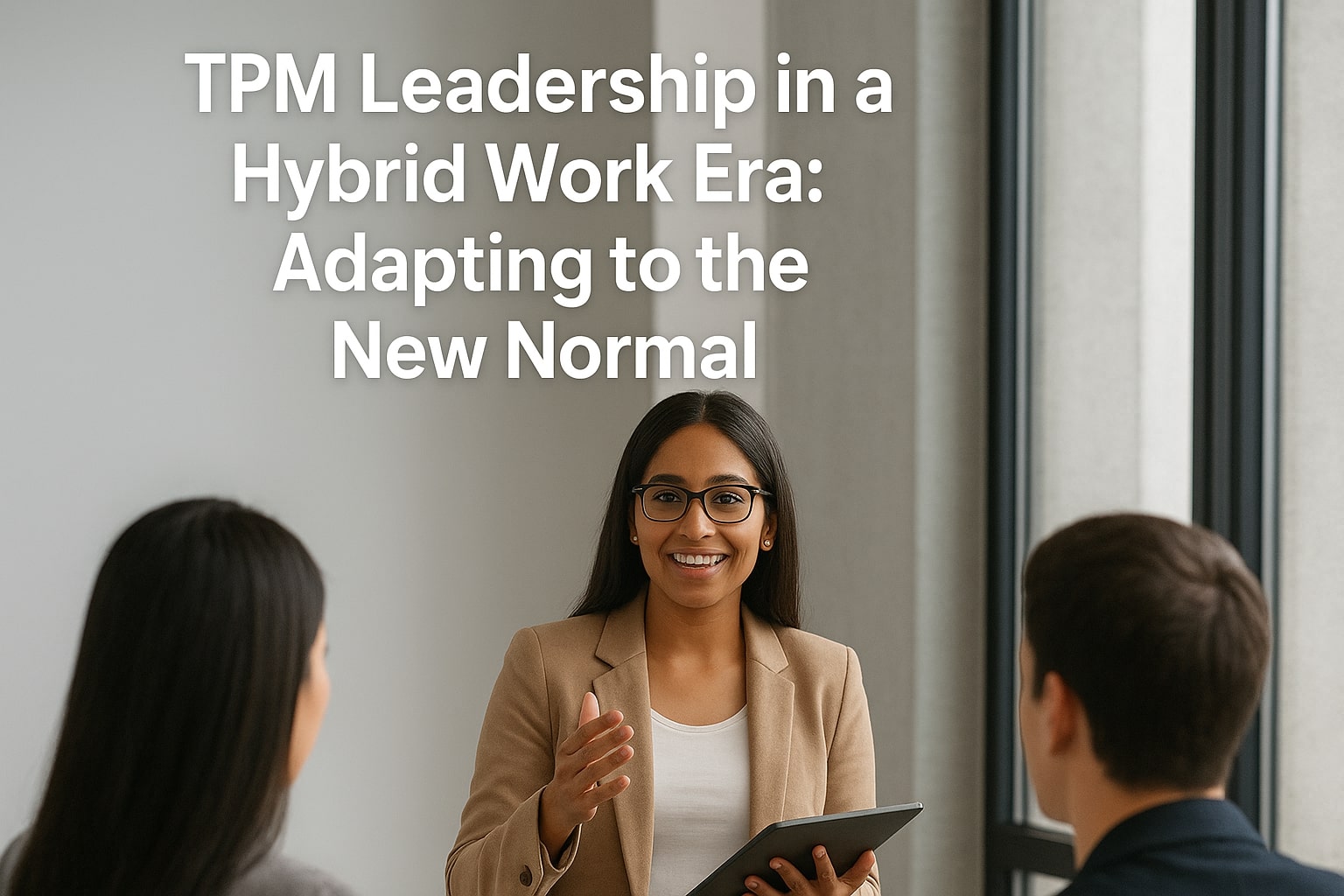

























.webp)








